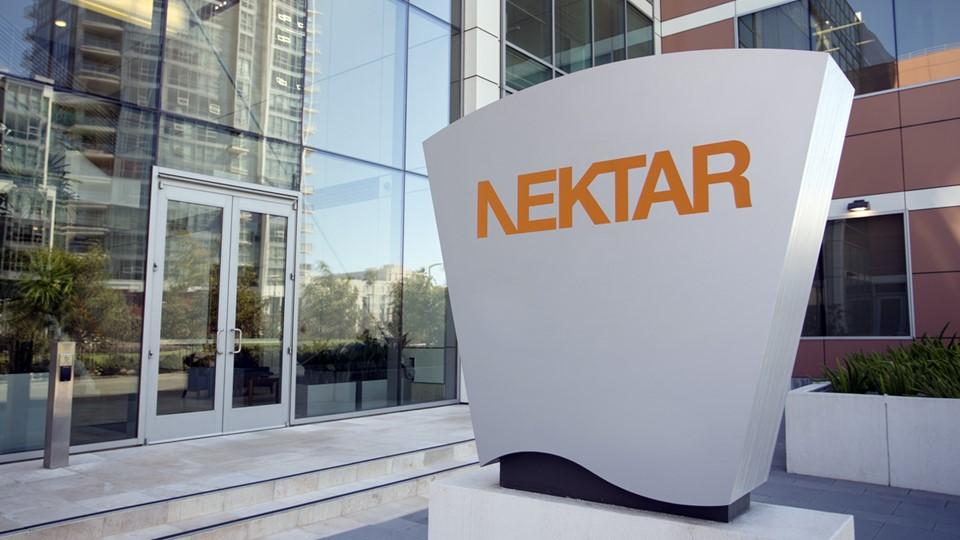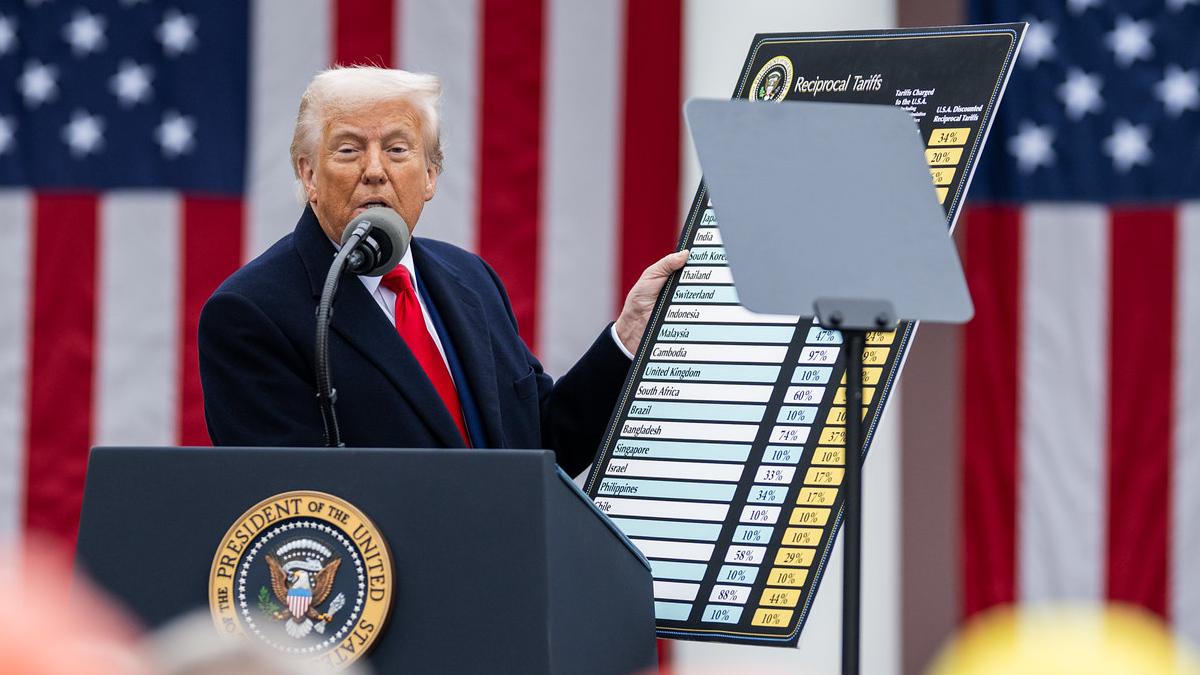Nektar says Lilly got it wrong on eczema drug rezpeg

Nektar Therapeutics says that Eli Lilly made a big mistake when it reported data on a pair of phase 1b trials of its rezpegaldesleukin drug in atopic dermatitis and psoriasis, and has taken legal action against its former partner, claiming that it undermined the drug's prospects.
Shares in Nektar almost doubled after it reported a new analysis of rezpeg, which it says reveals the "important potential" of the drug as a treatment for AD, also known as eczema, including a marked improvement in skin lesion scores compared to placebo.
Lilly reported its own less favourable analysis of the data last year, and handed back rights to rezpeg (formerly known as NKTR-358 and LY3471851) last April, shortly after reporting that the drug failed a phase 2 trial in autoimmune disorder system lupus erythematosus (SLE).
The two companies had been partnered on rezpeg since 2017, when Lilly paid $150 million upfront for rights to the IL-2 conjugate regulatory T-cell stimulator in a deal worth up to $400 million. Nektar sought to regain rights to the drug after Lilly said it would not move it into a phase 3 trial in AD.
The legal complaint has been filed in a San Francisco court and accuses Lilly of breach of contract, negligent misrepresentation, unfair competition, and other wrongdoing. Nektar is seeking redress, including compensatory and punitive damages.
Lilly returned rights to rezpeg a few months after the breakdown of a partnership between Nektar and Bristol-Myers Squibb on immuno-oncology candidate bempegaldesleukin, which was discontinued last year after it failed late-stage trials, adding to the pressure on the biotech.
After both of the lost alliances, Nektar launched major cost-cutting drives, including a plan to shed around 60% of its workforce in the wake of the Lilly exit.
Its new data drop in AD reveals a statistically significant 83% improvement over placebo in the widely-used Eczema Area and Severity Index (EASI) score, which compared to a 66% improvement reported by Lilly. The number of patients experiencing a 75% clearance of lesions – an EASI-75 response – was 41% with the highest dose of the drug (24 mcg/kg) versus 20% for placebo.
A second study in psoriasis showed a 75% improvement in the Psoriasis Area and Severity Index (PASI) scale of 36% with rezpeg and 0% for placebo, versus 11% and 0% with Lilly's analysis, but fell short of being a statistically significant difference.
Nektar claimed that Lilly had "confirmed the errors", adding that it plans to hold a meeting with clinical experts in the coming weeks to discuss the corrected data. It is also planning to start a new phase 2b study of rezpeg in October, in biologic-naïve patients with moderate to severe AD who have progressed on topical corticosteroids.













